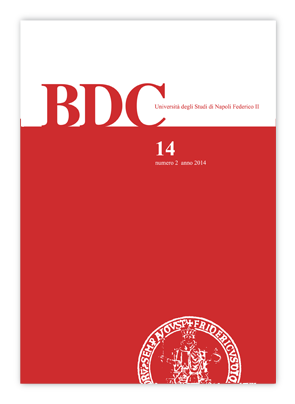“ECONOMIC DEMOCRACY”, POLITICAL DEMOCRACY AND EVALUATION FRAMEWORKS
Abstract
When one wishes to formulate, evaluate and implement public projects or policies, the existence of a plurality of social actors, with interest in the options being assessed, generates a conflictual situation. In this article, I show that the compensation principle was invented by Kaldor and Hicks to achieve two clear objectives: to compare individuals’ preferences according to the efficiency oriented utilitarian calculus, explicitly avoiding the principle one individual, one vote; to implement an objective evaluation criterion, that could be accepted in the framework of the dominant positivistic philosophical paradigm. Here, I try to prove that in the compensation principle, there is no escape from value judgements, it is not the positivistic objective evaluation criterion. A relevant question is: are the original Kaldor-Hicks objectives still relevant in the 21st Century?
Keywords: public policy, well-being, Social Multi-Criteria Evaluation
Downloads
Copyright (c) 2014 BDC. Bollettino Del Centro Calza Bini

This work is licensed under a Creative Commons Attribution 4.0 International License.
